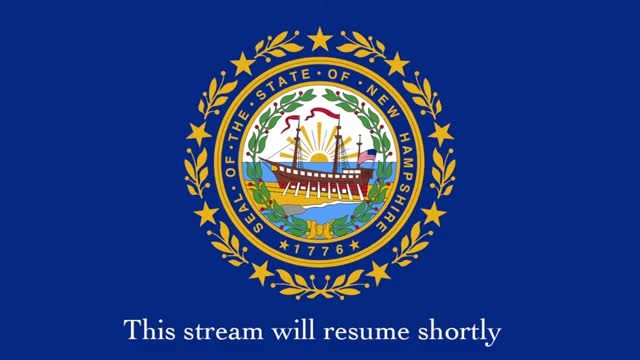Lawmakers hear arguments for and against study of liquor commission privatization
Get AI-powered insights, summaries, and transcripts
Subscribe
Summary
Representative Peter Leishman proposed forming a commission to study whether the New Hampshire Liquor Commission should be privatized or restructured; the Liquor Commission, industry groups and former privatization operators urged caution and highlighted revenue, safety and employment implications.
The House Commerce and Consumer Affairs Committee heard public testimony on House Bill 79, a measure to create a study commission to evaluate whether New Hampshire should privatize or otherwise restructure its Liquor Commission.
Sponsor Rep. Peter Leishman said the commission would not preordain privatization but would examine whether state ownership is the most effective model, noting rising Liquor Commission expenses and a multi‑year revenue decline. “There’s been significant growth in expenses, but not a corresponding increase in revenue,” Leishman told the committee.
Liquor Commission Chairman Joe Mollica testified at length against privatization and in favor of the current control model. Mollica presented national data showing a recent decline in alcohol consumption after decades of growth and highlighted public‑safety and product‑integrity arguments that control states use to justify continued state involvement. He said the commission has transferred hundreds of millions of dollars to the general fund over recent years and argued a sale would not be a straight revenue substitute because the state would lose recurring transfers. “If you privatize the liquor commission and you put stores in place, prices in the state of New Hampshire are going to go up exponentially,” Mollica said, warning cross‑border sales patterns and consumer behavior would change.
Speakers representing industry and the employees association also opposed immediate privatization. Dean Williams, who ran a leased control operation in Maine, said prior privatization experiments produced price increases, higher crime and other disruptions in some markets. Bob Blaisdell of the New Hampshire State Employees Association warned of lost recurring revenue and cited Washington state’s experience after privatization as a cautionary tale. Brokers and distributors — Joe LaRocca of the New Hampshire Wine and Spirits Brokers Association and others — told the committee they value the state partnership and questioned the claimed fiscal upside of a sale.
Rep. Marjorie Smith, a co‑sponsor, said she supports creating the commission precisely because she does not favor privatization and wants a fact‑based review: “There is no reason otherwise for the state to be in the liquor business. It's just about the money,” Smith said, but argued the current structure has not delivered expected returns.
Committee members asked about enforcement responsibilities, employee impacts, potential one‑time proceeds from a sale and how auditing and oversight would be handled in a privatized model. Witnesses gave differing views: Mollica and other opponents said a sale would produce a one‑time infusion but cost the state recurring annual transfers and public‑safety oversight; Leishman said a carefully structured privatization could preserve enforcement and revenue streams via taxes or fees.
After a multi‑hour hearing with many stakeholders, the committee closed public testimony and will send the bill to subcommittee for detailed study.
